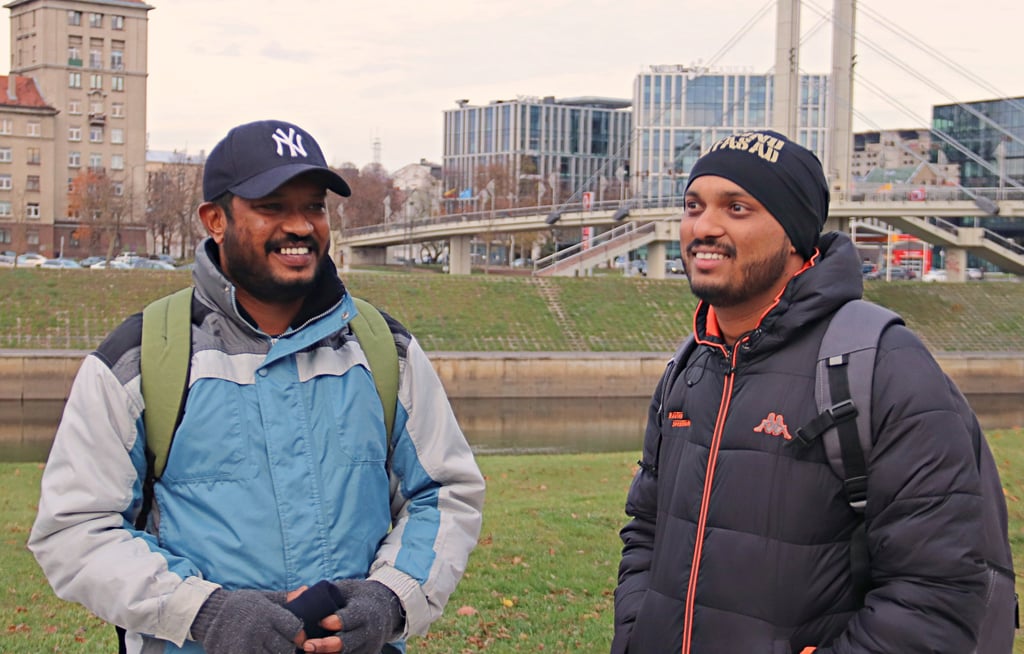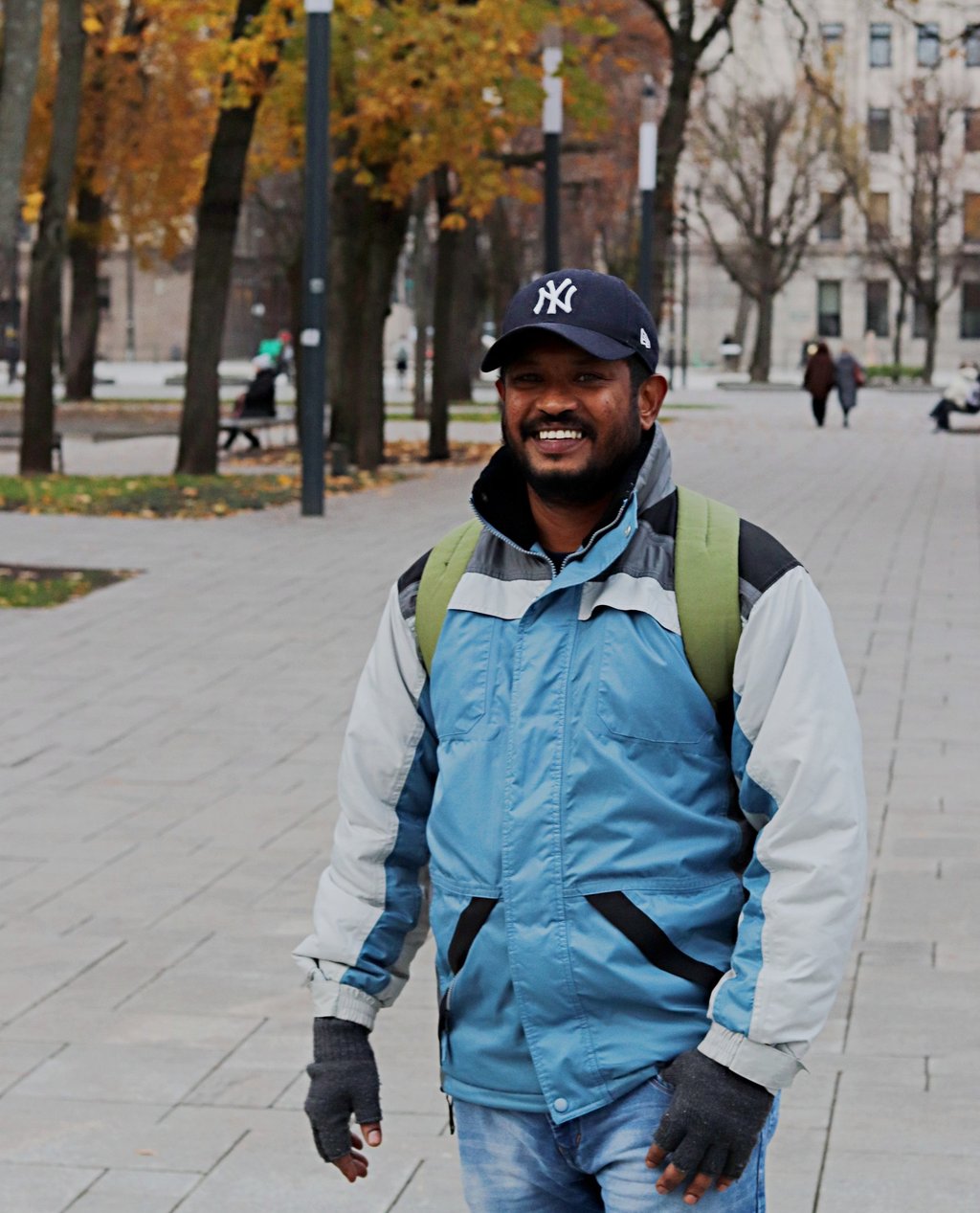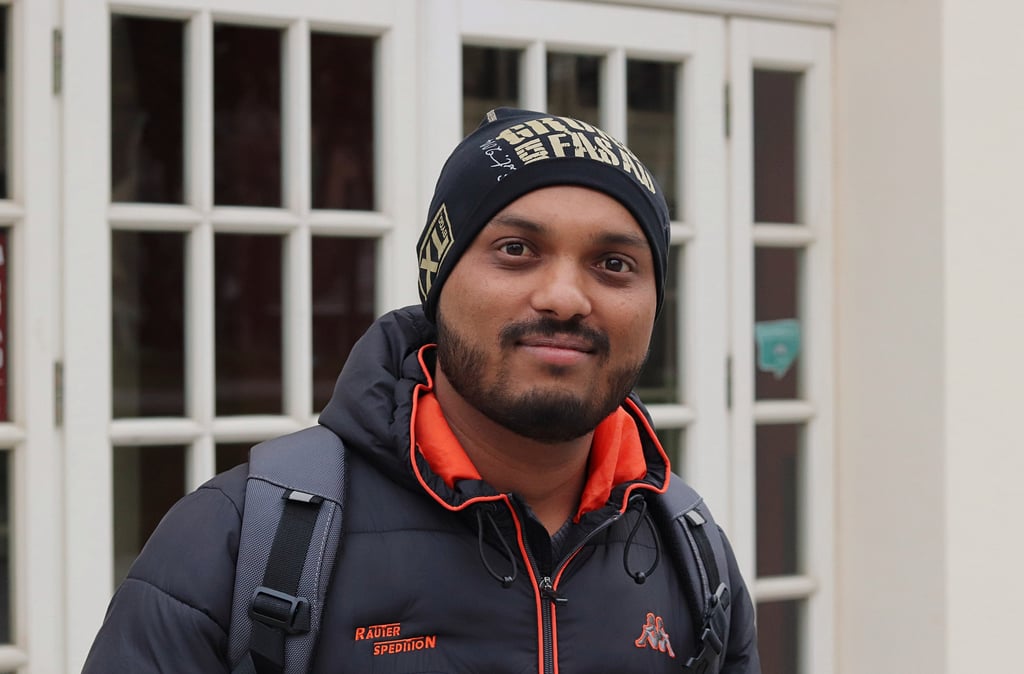Portraits of Members: Duminda and Roshan
Duminda and Roshan, telecoms professionals who have worked in several countries, talk about their work and future in Lithuania
ENGLISH
2/3/20243 min read


Roshan: We both work in Mažeikiai, in an ongoing project in Orlen Lietuva as electrical and electronic equipment installers.
Duminda: It was actually the offer from our previous company. They offered to come and join the project with Orlen Lietuva. We’re still just starting the job, it's still the starting period going on, as I only came here in June.
We have both studied telecommunications, so we are experts in fiber telecom. We know each other from previous projects for about five years now.
R: I came by my own ways. I left my previous company, and then I got a European visa and joined back the company, but in the different area. So I'm working here since February.
I have found out about the labour union through mutual friends. At the time I needed some legal advice and was introduced to Emilija (the chairperson of the union). When I visited the website and read some articles, I saw that this is good social work and decided to join. Soon I invited Duminda too.
D: As Sri Lankan, we are alone here, we don't have any support. I also read the articles that Roshan sent me and decided to accept his invitation. I think this union is a good thing for helping each other, no more feeling alone. We have support or backup and can give support for any other person too.
R: I had some trouble with my company and I got a lot of information from the union. I have solved the problems for some time, but maybe I will be able to move to another company in the future and relax a bit. It's a very stressful job.


D: For me, I didn't get into any trouble yet, I've just joined. But I'm learning some things. Our management comes from Dubai, most of them are Arabic people. Their mind is not set to Europe and all. Then they are still trying to manage it like they do it there. That's why I think we need to learn the European labour rules and regulations to protect ourselves.
R: We have a one-year-visa. We are working for a small salary there in Mažeikiai, it's like an entry point for us. It’s a very small town too, nothing to do there really.
D: We are thinking of moving our families here to Lithuania, so our next year plan is to get a better job in Kaunas or Vilnius and move here. When we were working in Dubai, there were kilometres of traffic, I think that's a very sad place for children to grow. The main thing here in Kaunas is calm and quiet: not busy, not much traffic, the crime rates are low.
R: And also, there's not a lot of foreigners... (laughs)
D: I'm thinking about moving my family in about two years. We both have daughters. My daughter is three and a half, it's the best time of her life that I miss…
R: Mine is eight. I'm thinking about the EU Blue Card – we need one month then and we can move our family. We need a minimum salary for the Blue Card, it has to be 50% higher than the average gross in Lithuania.
But in telecom field, that is very little. Our knowledge, especially in optical communication and telecommunication, is in high demand.
D: It's on the list of highly demanded professions of Lithuania.
R: The major issue is finding the job related to telecommunication. Without recommendations, without knowing each other, nobody will hire. It's the same in Sri Lanka, in Lithuania, everywhere in telecom. Because it's risky. We are working with security systems.
D: That is the especially weak point of the large institutions – the telecommunication. In this field, in two seconds, one mistake and we can rob all the banks in the country, blow up the power plants and so on...
Honestly, we are wasting our time now. What we are getting for one day, we should be getting for one hour.
Hopefully, we can get a better future in Lithuania.



